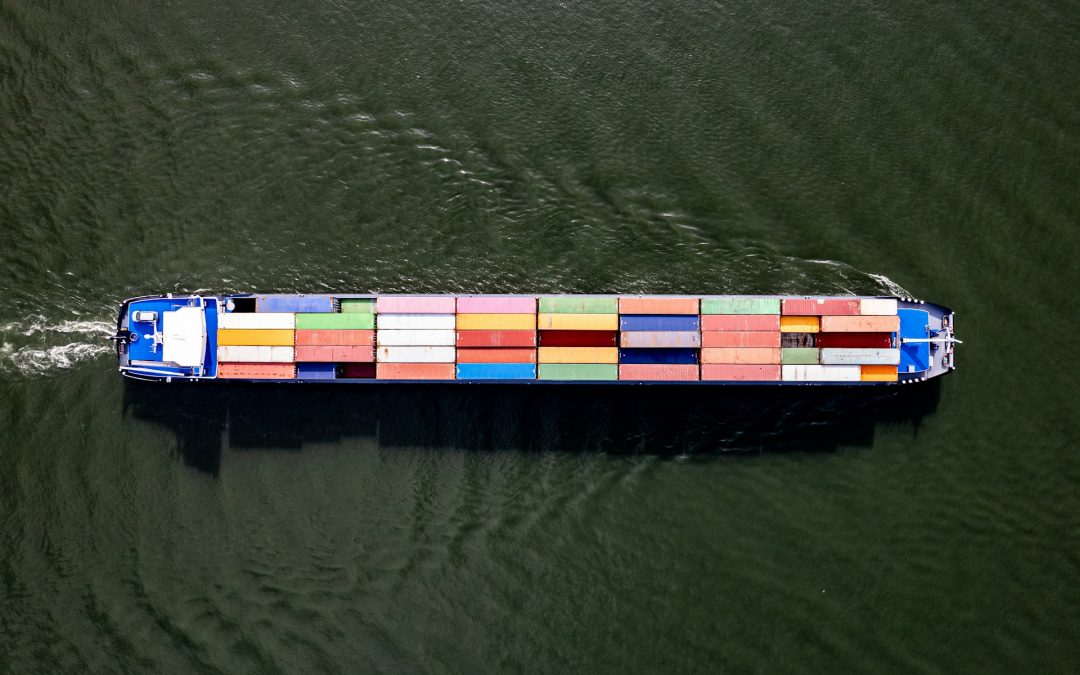Introduction
The recent attacks on commercial vessels in the Red Sea have forced shipping lines to divert ships away from the Suez Canal, a crucial shortcut for voyages between Asia, Europe, and the USA. This diversion has resulted in delays and increased costs for the logistics industry. In this article, we’ll explore how Tradecloud’s Enterprise solution can help mitigate the impact on logistics, shipping, transportation, and the supply chain.
The Impact on Logistics
The Red Sea crisis has significantly affected logistics, leading to:
- Increased transit times: Diverting ships around southern Africa adds approximately 10-15 days to the journey, resulting in delayed deliveries and impacting supply chain reliability.
- Higher costs: The longer route increases fuel consumption, leading to higher fuel costs and surcharges.
- Reduced capacity: The diversion has resulted in reduced container capacity, leading to equipment shortages and further delays.
How Tradecloud’s Solution Can Help Mitigate the Impact on Logistics
Tradecloud’s Enterprise solution can help navigate these challenges by:
- Optimizing routes and modes with Tradecloud’s Enterprise routing optimization: Advanced analytics and real-time data enable optimization of routes and modes, reducing transit times and costs.
- Improving supply chain visibility with Tradecloud’s Enterprise supply chain visibility: Tradecloud provides real-time visibility into supply chain operations, enabling tracking of shipments, managing of delays, and proactive communication with suppliers and customers.
- Enhancing collaboration with Tradecloud’s Enterprise collaboration tools: Collaboration tools enable companies to work closely with carriers, suppliers, and customers, ensuring that all stakeholders are informed and aligned.
The Impact on Shipping
The Red Sea crisis has significantly affected shipping, leading to:
- Increased risks: The attacks have heightened security concerns, leading to increased risks for ships and crew.
- Higher insurance costs: Insurance premiums have increased due to the higher risk, adding to shipping costs.
How Tradecloud’s Solution Can Help Reduce the Impact on Shipping
Tradecloud’s Enterprise solution can help companies navigate these challenges by:
- Improving security with Tradecloud’s Enterprise security features: Advanced security features enable companies to track shipments, monitor security threats, and respond quickly to incidents.
- Reducing insurance costs with Tradecloud’s risk management tools enable companies to assess and mitigate risks, reducing insurance costs.
The Impact on Transportation
The Red Sea crisis has affected transportation by:
- Increasing fuel costs: The longer route has resulted in higher fuel consumption, leading to increased fuel costs.
- Reducing efficiency: The diversion has reduced transportation efficiency, leading to delays and increased costs.
How Tradecloud’s Enterprise Solution Can Limit Impact on Transportation
Tradecloud’s Enterprise solution can help companies navigate these challenges by:
- Tradecloud’s advanced analytics and real-time data enable companies to optimize routes and by extension fuel consumption, reducing costs.
- Improving transportation efficiency with Tradecloud’s transportation management tools enable companies to streamline operations, reducing delays and costs.
Conclusion
The Red Sea crisis has presented significant challenges for the logistics industry including shipping, transportation, and the broader supply chain. However, by leveraging Tradecloud’s digital platform solution, companies can mitigate these effects, optimize routes and modes, improve supply chain visibility, enhance collaboration, and reduce costs. Don’t let the Red Sea crisis disrupt your supply chain – adopt a data-driven approach with Tradecloud’s Enterprise Platform.

